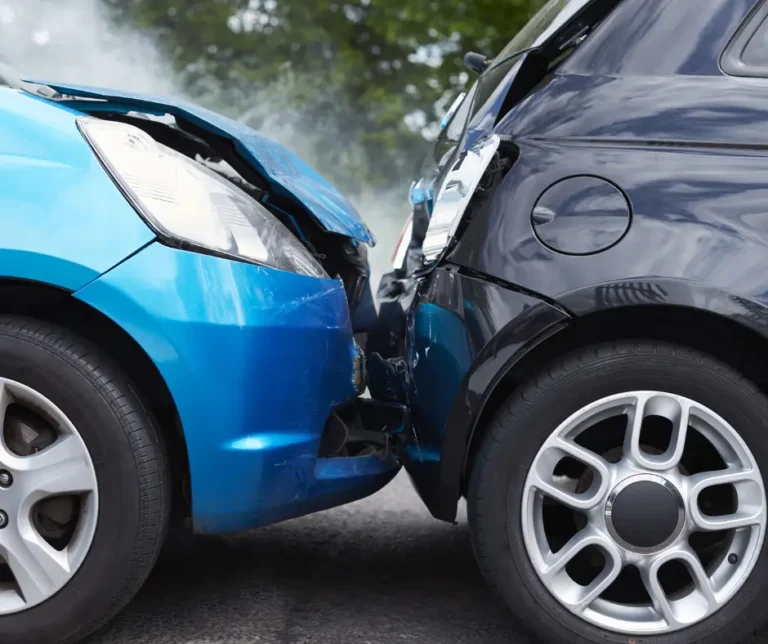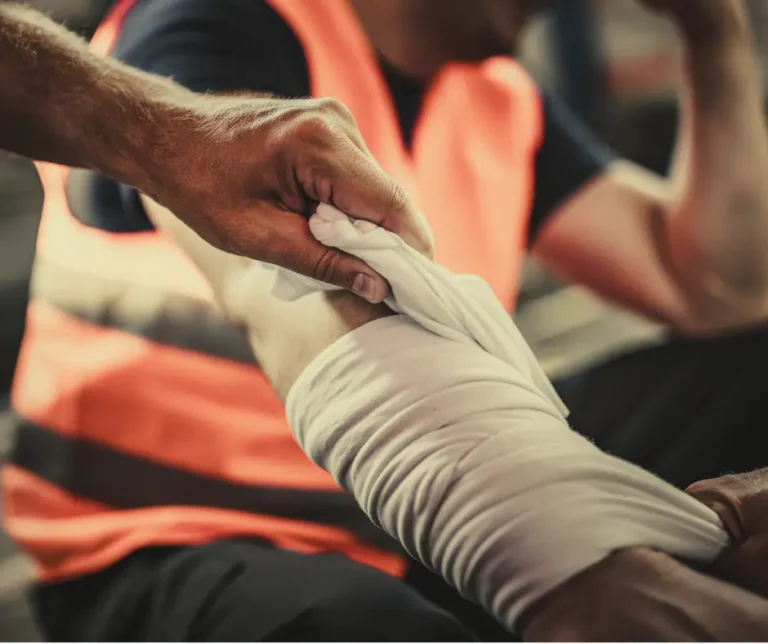Why Choose Chaffin Luhana?

When to Hire a Stamford, Connecticut Personal Injury Lawyer
Stamford, a vibrant city in Fairfield County, unfortunately experiences its fair share of accidents. In recent years, Connecticut has seen a concerning rise in traffic fatalities, with 327 lives lost in 2021 alone. This alarming statistic underscores the importance of seeking legal representation if you or a loved one has been injured in an accident.
Accidents can have devastating consequences, leading to significant medical bills, lost wages, and permanent injuries. The emotional and financial toll on victims and their families can be immense. Even with insurance, navigating the complex claims process and ensuring fair compensation can be a daunting task.
At Chaffin Luhana, our experienced personal injury attorneys are here to help. We will guide you through the legal process, aggressively negotiate with insurance companies, and fight for the maximum compensation you deserve.
For a free consultation, call us today at 1-888-480-1123.
What Our Clients Are Saying
Why Choose Our Stamford, Connecticut Personal Injury Lawyers
Chaffin Luhana exclusively represents injured people. With over 14 years of experience, our dedicated team has recovered over $1 billion for clients. Unlike some firms that handle various cases, we solely focus on personal injury claims. We don’t defend corporations or insurance companies, but instead fight for individuals who’ve been harmed and experienced significant life losses.
Cases We Handle in Stamford, CT
How Not to Be a Lawyer
BY ERIC T. CHAFFIN
“My father was a union witness at an arbitration in a steel mill. After the hearing, my father, dressed in blue jeans and a sweatshirt, stuck out his hand to shake hands with the company’s lawyer. The lawyer refused. The lawyer unfortunately frowned upon working class people like my family. I was the first person in my family to graduate from college. My dad used this story to remind me to respect others, to remember where I came from and as an example of how not to conduct myself as a lawyer.”
What to Expect During Your Stamford Injury Case
FREE Case Analysis
Submit your info using the form below for a FREE no-obligation case analysis. Please leave as many details as possible.
Legal Team Assigned
If your case is accepted, you’ll meet your dedicated attorney and legal team to help build your story and the strongest case possible.
We Work For YOU!
Your legal team goes to work making your case to maximize your potential resolution.
REMEMBER: You don’t pay anything out of pocket. We work to earn a portion of your settlement ONLY if we WIN your case.
You Can Expect Compassion and Empathy
At Chaffin and Luhana, we understand that reaching out to a law firm after an accident can be daunting. You may feel unsure, judged, or hesitant to share your story. Rest assured, these feelings are common.
At Chaffin Luhana, we prioritize compassion and empathy. From the moment you contact us, you’ll be met with genuine care and understanding. We’ll treat your information with the utmost respect and patiently answer your questions. Our goal is to make the process as stress-free as possible, allowing you to focus on recovery.
When you’re ready, know that we’re committed to helping you rebuild your life and seek justice.
How to Select a Stamford Injury Attorney
Hiring an attorney ensures you have a legal expert on your side to help you negotiate with insurance companies, investigate your case, gather expert witnesses, meet all your deadlines, and maximize your chances of receiving the compensation you need to recover.
What should I look for in a personal injury attorney?
Choose an attorney with:
- Experience: Look for a track record of successfully handling similar cases.
- Reputation: Look for positive reviews and client testimonials.
- Specialization: Look for expertise in personal injury law.
- Communication: Check to see if the firm offers clear explanations and regular updates.
Check their bar association membership, licensing in CT, and case history for relevant experience and success rates.
Most personal injury attorneys get paid only if you win your case. Then they take a percentage of your compensation. This arrangement eliminates upfront costs.
Research Stamford firms and schedule free consultations to discuss your case. Firms like Chaffin Luhana can evaluate your situation and explain the process, helping you make an informed decision.
Law partners Eric Chaffin and Roopal Luhana, along with their families, established The Chaffin Luhana Foundation in 2010.
A not-for-profit organization, the Foundation encourages the development of human potential and supports community empowerment through the following activities:
- Scholarships: The Chaffin Luhana Foundation awards an annual scholarship to a student who helps us in the fight against distracted driving by submitting an inspiring personal essay.
- Financial gifts: The Foundation awards periodic financial gifts to institutions of higher learning to support scientific research and funds educational scholarships to students.
- Stephanie Victor Legacy Award: The Chaffin Luhana Foundation awards an annual financial gift to one deserving individual who overcame significant challenges and achieved great milestones in his or her life or career.
- Christopher & Dana Reeve Foundation: Chaffin Luhana has partnered with this organization to benefit those living with spinal cord injuries and paralysis.
Your Trusted Personal Injury Lawyer in Stamford, Connecticut
If you were injured in an accident in the Stamford, CT area, contact us today for a free consultation. We know how these accidents can seriously disrupt your life. We want to empower you to recover the damages you’re owed so that you can begin to put your life back together. Call us today at (888) 480-1123.




